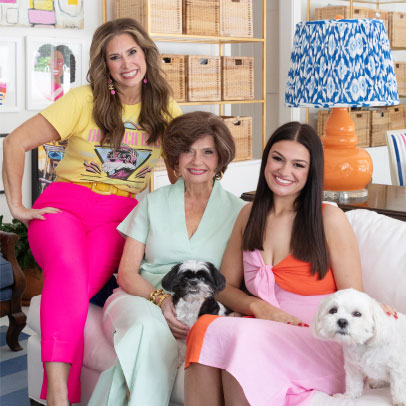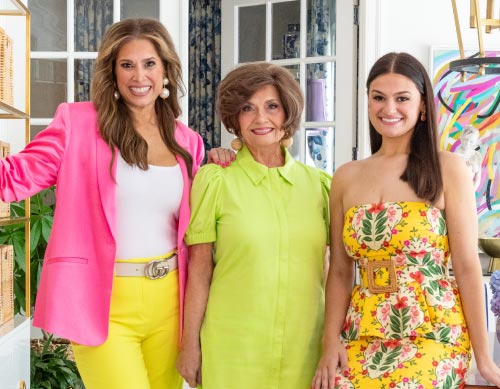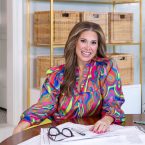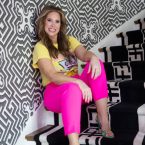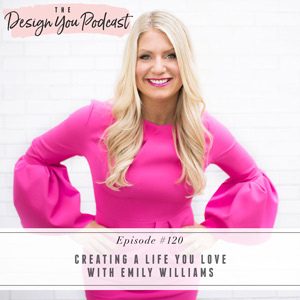
Boy, do I have an exciting episode for you today! Today’s guest, 7-figure success coach, entrepreneur, and Hay House author Emily Williams joins us to share her story about how she created the life of her dreams. After experiencing a quarter-life crisis, Emily faced a series of setbacks before moving from Ohio to London (where she knew nobody!) and launching her business I Heart My Life. She now works with female entrepreneurs across the world, helping them free themselves from obstacles to create their dream lives!
It can be difficult to know where to begin when creating a business. You know you need a change, but don’t know how to make it happen. But by getting clear about what you want in life, and acting like you already have it, you’ll open the door to endless possibilities. You have to start small, believe that it’s possible and start living consciously and intentionally.
Join us this week where we’ll discover how getting clear on her purpose and adapting her mindset enabled Emily to create her dream business and a life that she loves. We’ll discuss why investing in yourself and making decisions from where you want to be, not where you currently are, is the key to creating your dream life. Remember, nothing changes unless something changes – it’s time to make your dreams non-negotiable. Get ready to be inspired!
If you want to keep this conversation going, you have to join my free Design You Podcast community on Facebook. We have great conversations over there about the podcast episodes and our podcast guests are in there too! So head on over and I’ll see you there!

